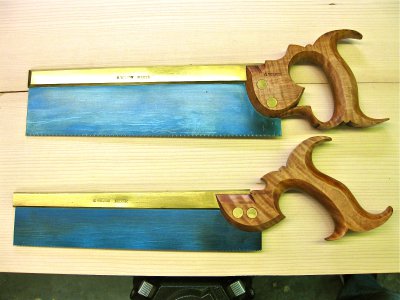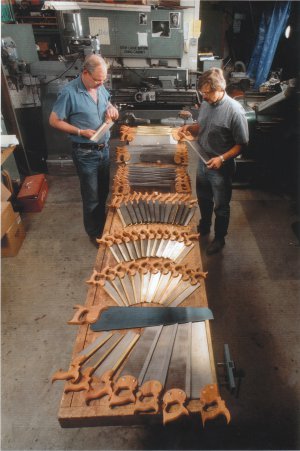Every once in a while somebody starts a post like this, which generates a lot of controversy, but also a lot of conversation, which I like. The thing I really like about the OPs original statement is that it is a reminder to us all that while there are a lot of fancy gadgets out there that can make our lives "easier", they don't make or break you, and most projects can be completed without them. We may each have our opinions about items that shouldn't belong on that list, and it's good to hear why people think that they think.
I've always been interested in old methods, and my girlfriend has gotten me several reprints of turn of the century machining books. Very interesting stuff. Lots of conversations about forging lathe tools out of carbon steel, not high speed steel, or carbide. People mention not being able to cut hardened steel without carbide tools, but traditional watchmakers do it all the time when cutting pivots, using a hand held graver. Our predecessors were pretty sharp, and they did amazing work with tools that most of us would think of as primitive today; but they were still machinists
I've always been interested in old methods, and my girlfriend has gotten me several reprints of turn of the century machining books. Very interesting stuff. Lots of conversations about forging lathe tools out of carbon steel, not high speed steel, or carbide. People mention not being able to cut hardened steel without carbide tools, but traditional watchmakers do it all the time when cutting pivots, using a hand held graver. Our predecessors were pretty sharp, and they did amazing work with tools that most of us would think of as primitive today; but they were still machinists



